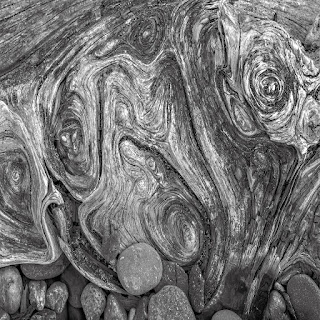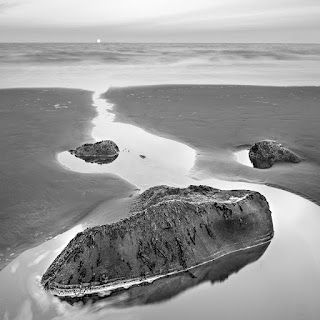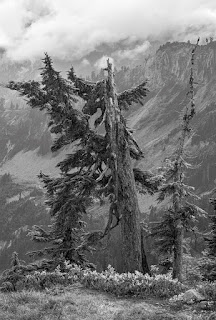"I don’t know why I was born
with this belief in something
deeper and larger than we can
see. But it’s always called. Even as
a boy, I knew that trees and light
and sky all point to some timeless
center out of view. I have spent my
life listening to that center and filtering
it through my heart. This listening
and filtering is the music of my soul,
of all souls. After sixty years, I’ve run
out of ways to name this. Even now,
my heart won’t stand still. In a moment
of seeing, it takes the shape of my eye.
In a moment of speaking, the
shape of my tongue. In a moment of
silence, it slips back into the lake of
center. When you kiss me, it takes
the shape of your lip. When our dog
sleeps with us, it takes the shape of
her curl. When the hummingbird
feeds her baby, it takes the shape
of her beak carefully dropping
food into our throats."



































